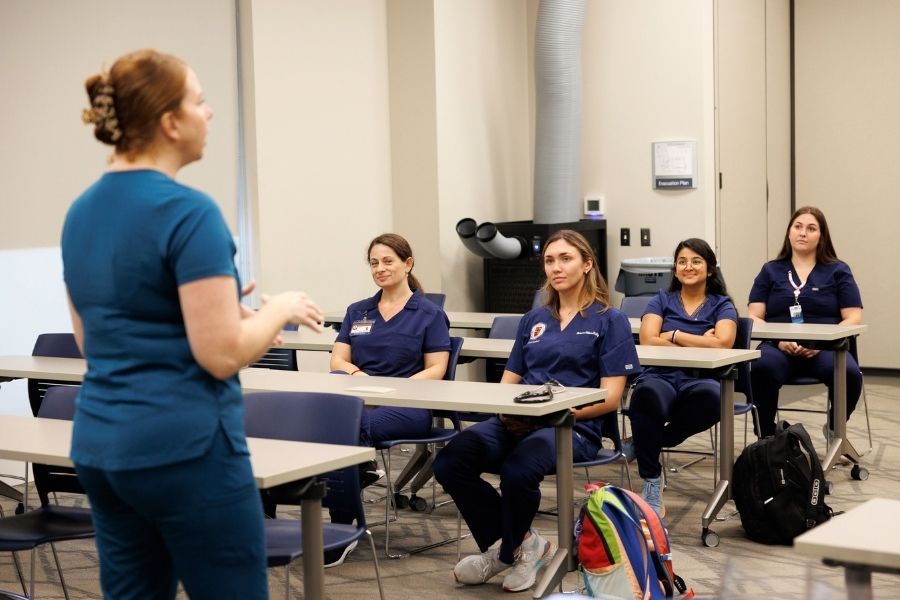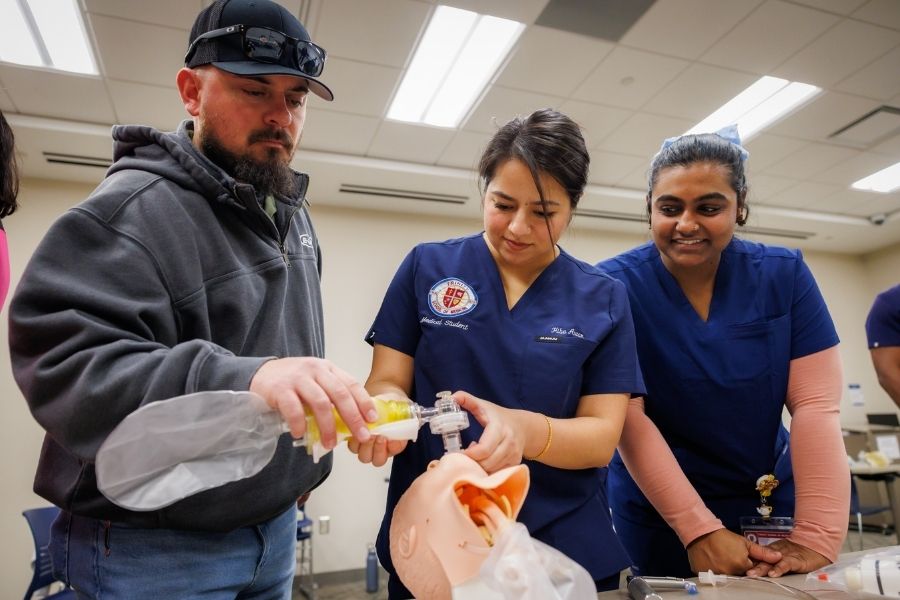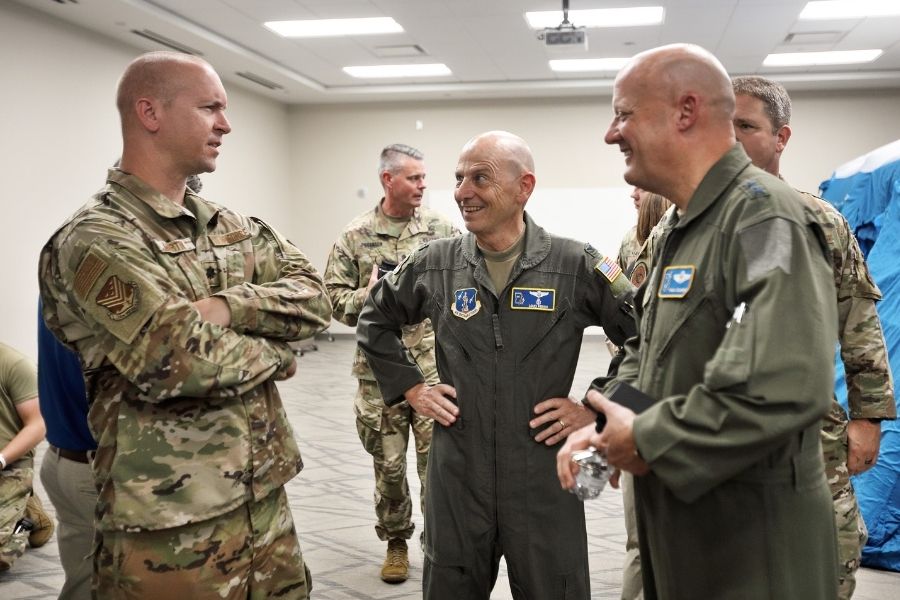Trinity Medical Sciences University Blog
Catch up on campus news, global healthcare initiatives, new partnerships, student spotlights, and more!

Can I Get into Medical School Without a Science Degree? What to Know Before You Apply
February 25, 2026
Explore how to apply to medical school without a science degree, from prerequisites and MCAT prep to building a strong application.

Transitioning to Medical School from Nursing, Allied Health, or Another Healthcare Profession
February 20, 2026
Discover how nurses and allied health professionals transition to medical school, what challenges to expect, and how prior clinical experience supports success as a physician.

Medical School After Military Service: How Veterans Transition to Medicine
January 27, 2026
Thinking about medical school after military service? Learn how veterans prepare, overcome common challenges, and transition successfully into medicine.

Balancing Family, Work, and Medical School: How Students Make It Work at Trinity School of Medicine
January 15, 2026
Learn how non-traditional students balance medical school with family and other responsibilities, and how Trinity School of Medicine supports their journey to an MD.







